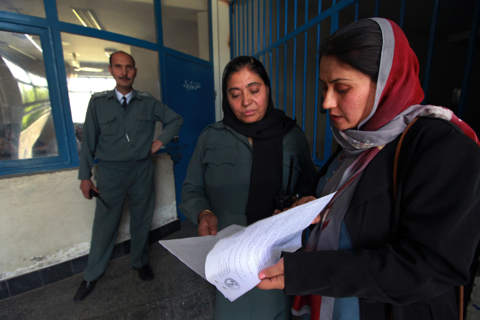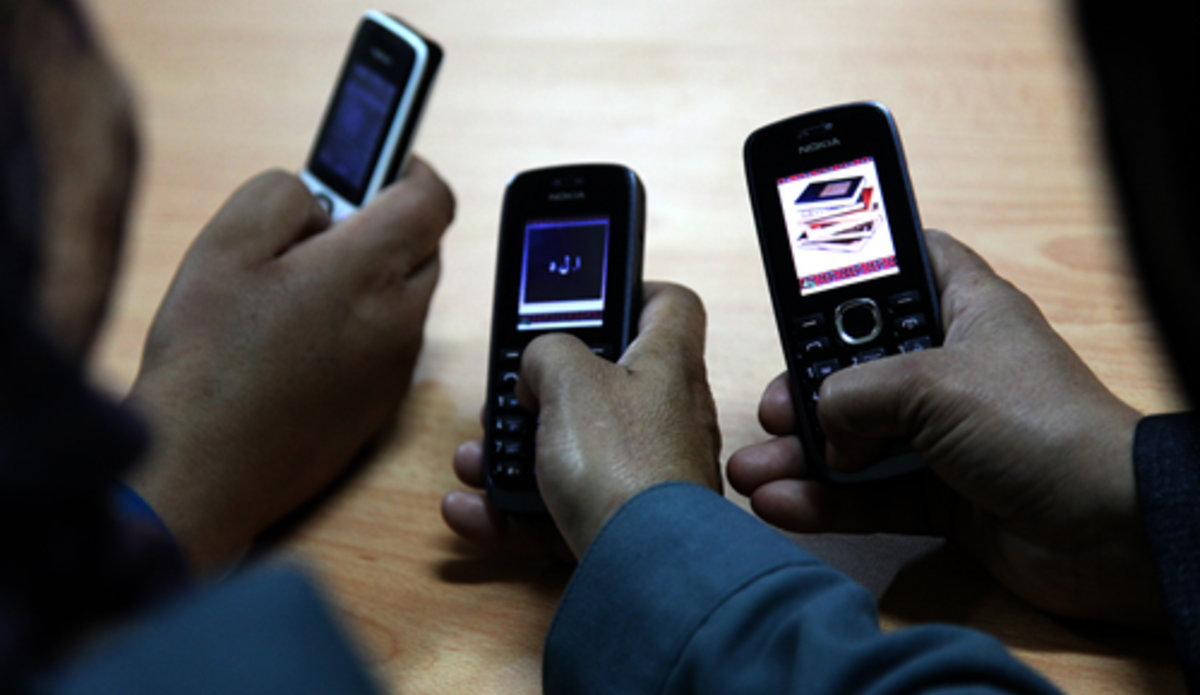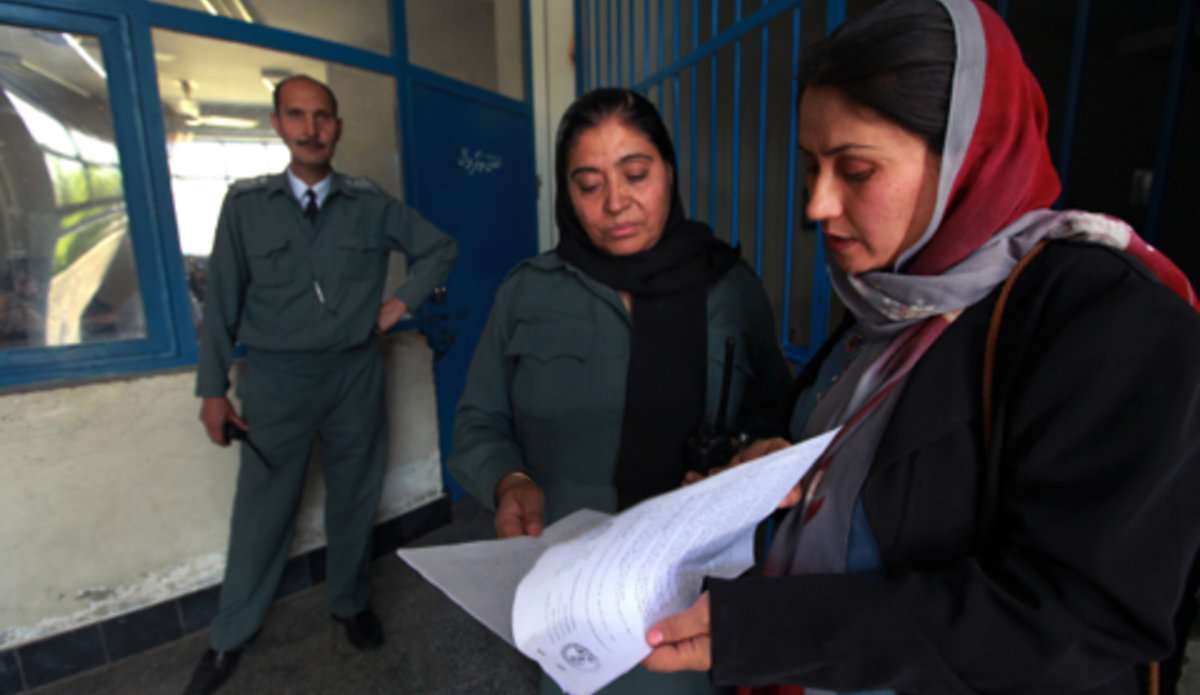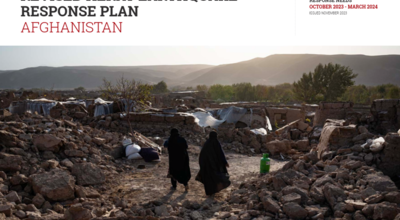Afghan female police officer literacy rates improve through mobile phone programme
KABUL - Efforts to improve the literacy of Afghanistan’s female police officers through a mobile phone-based application are showing signs of success, according to an evaluation of the pilot programme which is supported by the United Nations Assistance Mission in Afghanistan (UNAMA).
The evaluation of the programme, called Ustad Mobile, was conducted with the participation of 200 female police officers from 11 provinces who were each given mobile phones equipped with the learning tool application. The overall finding was that the programme is not only teaching the women to read but turning them into more effective law enforcement officers.
“I can now read official documents and write tasks on the whiteboard,” said a police officer from the Kabul District One zone, Rosool Shperay.
According to UNAMA’s Police Advisory Unit, the programme and the findings are important given that recent studies have found that between 70 and 80 per cent of the Afghan National Police force are illiterate. Women account for about one per cent of the 149,000-strong police force.

The Police Advisory Unit notes that Ustad Mobile helps female police officers overcome some of the challenges they face in improving their literacy skills, such as the fact their shifts often cannot accommodate regular class schedules. In addition, most police women are uncomfortable in a co-educational class, and their commanders may not be fully supportive of the idea of women becoming literate.
The easy-to-use programme provides lessons in Dari and Pashto over normal mobile phones. Lessons come in the form of narrated demonstration slides, videos, multiple-choice quizzes and games. The programme complements lessons provided through the adult literacy curriculum of Afghanistan's Ministry of Education. Text books are also available.
Information on the performance of the 200 women is stored in a database and verified through periodic visits by teachers. In Kabul, a teacher usually visits the female officers up to three times a week.
“They practice a lot during working hours and often after work,” said one of the teachers working with UNAMA, Salam Wafa. “It takes them over three months to finish a module, because many are illiterate.”
The response among the women participating in the programme has been positive. One police officer working at the headquarters of the Kabul police, Kawja Ahmad Nafisa, who until recently was illiterate, has completed one learning module since June.
“The mobile phone is like a teacher to me, and now I can write names and sentences on the board” said Ms. Nafisa. “This programme isn’t just helping me it’s also helping make my country safer.”
A student needs to spend more than 100 hours to complete all the lessons contained in the literacy programme, with each lesson requiring about 30 minutes. The lessons start at the elementary level and go all the way up to intermediate levels.
 UN
UN











